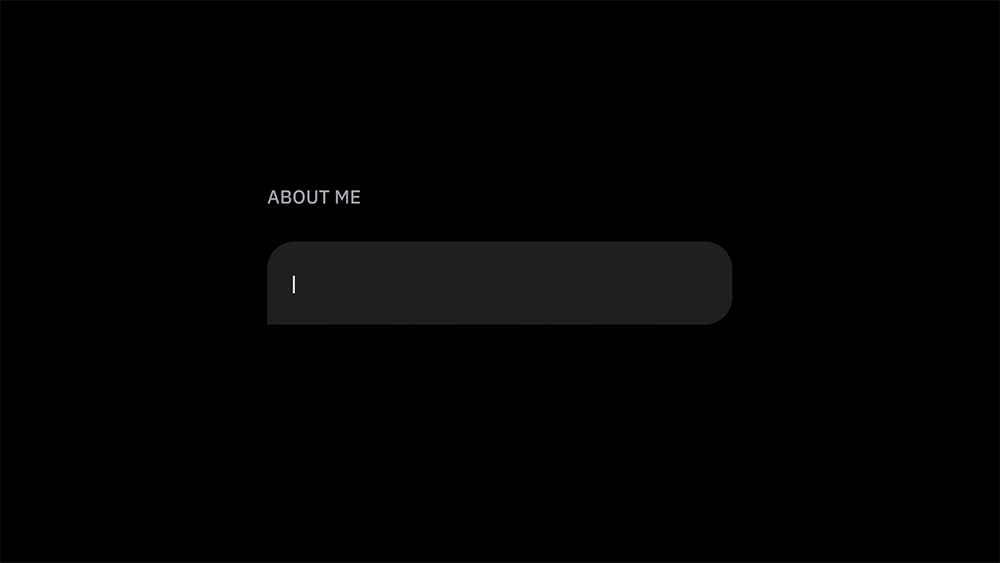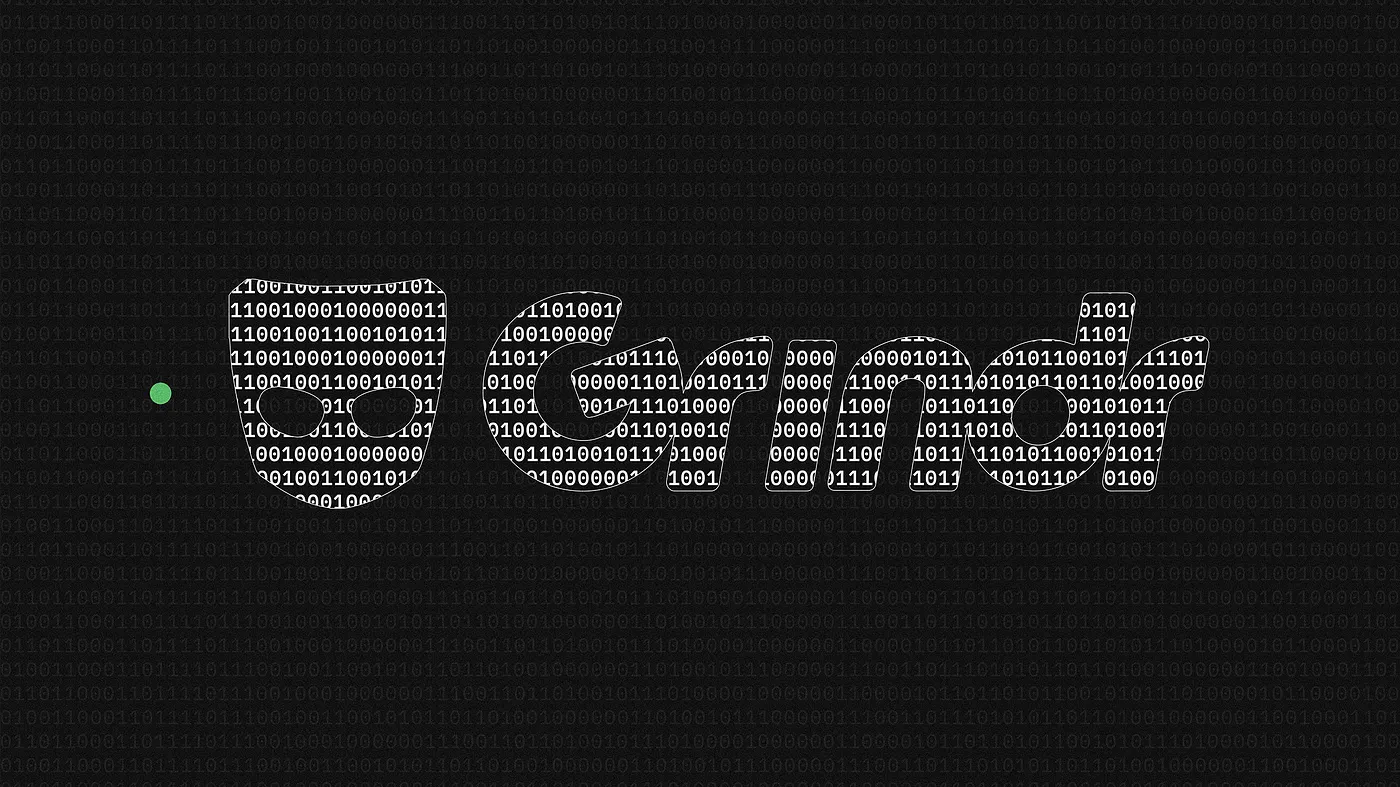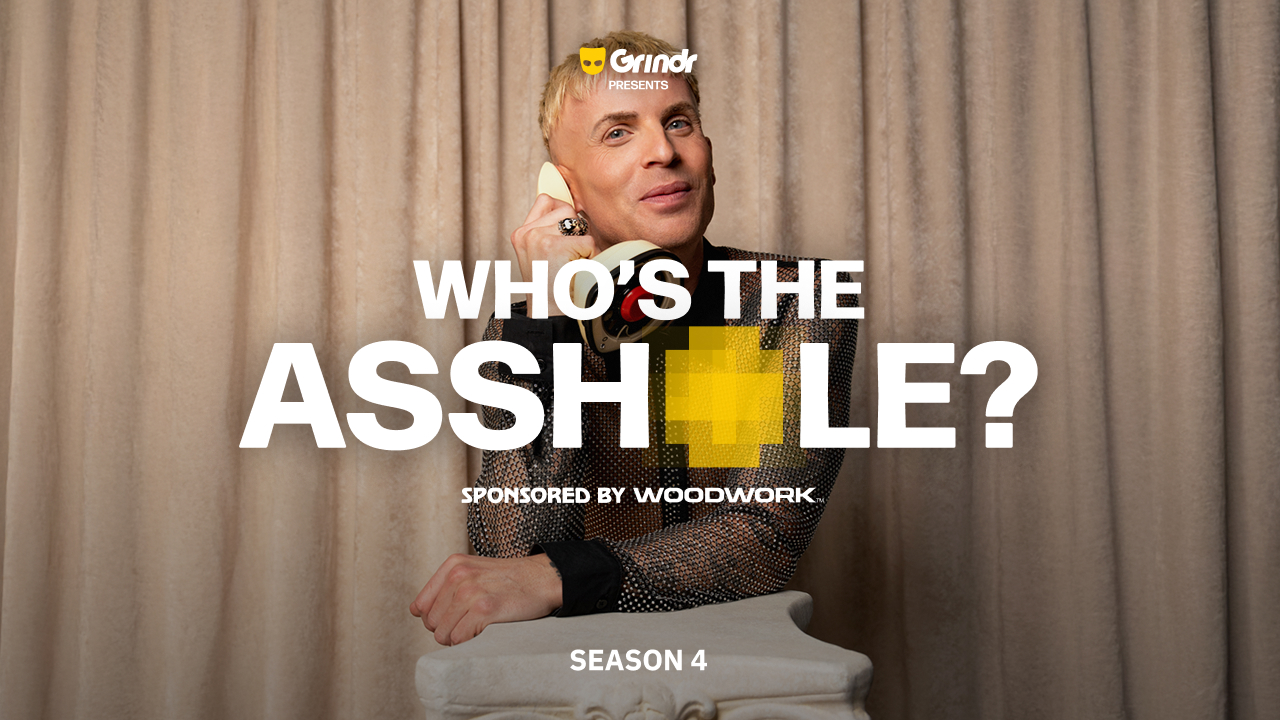Pride Summer Body Panic: Why We All Need to Chill Out About “Summer-Ready” Bodies


Every year, like clockwork, a quiet panic sets in. As June approaches, group chats shift from memes to macros. Instagram feeds turn into fitness portfolios. And somewhere beneath the jokes about cutting carbs or "shredding for the gods," a deeper anxiety thrums. For many gay men, Pride season doesn't just mean celebration; it means reckoning. There's an unspoken message, louder than any playlist: show up hot, or don't show up at all.
What starts as motivation often mutates into obsession. Behind the pre-party pump and protein shake is something darker: an ache to be seen, and a fear that without the "right" body, we won't be. It's hard to ignore. But the real work (the useful, quiet, difficult work) is figuring out how to let it go.
Why It Hits Hard This Time of Year
Part of what makes Pride season uniquely intense is that it's time-bound. There's a deadline, and the stakes feel visible. Pool parties, rooftop raves, and group photos posted in real time create a subtle pressure to show up already polished.
It doesn't help that many of us grew up learning to connect appearance with acceptance. Even after coming out, that early conditioning lingers. In queer spaces, body ideals don't just vanish. They sometimes get sharper. The narrow waist, the V-cut, the soft-but-not-too-soft muscle tone: we know the image by heart, even if we don't all want it.
And then there's the feed. When we’re online, we see a familiar pattern: the leaner torsos, the sharpest lighting, the angles that know their angles. This isn't a fault of the Internet. It's just how we've learned to present ourselves in a culture that treats the body as a résumé.
But even within this system, there are ways to shift the pressure. You don't have to delete the app, skip the party, or pretend the anxiety isn't real. You just need better tools to live inside it and stay sane.
Using Grindr Intentionally
Set a Different Intention
Before opening the app, pause and check in with yourself. Ask: What am I hoping to get out of this today? Horny? Bored? Curious? Looking for a vibe or a validation hit? Just naming it helps.
This isn't about moralizing how you use Grindr. It's about taking a second to stay in control of the experience, so it doesn't control you. When your brain is in comparison mode, every torso starts to feel like a mirror. Reclaiming your own lens changes that.
Don't Let the Scroll Shape the Standard
Grindr shows you what's around. That doesn't mean it shows you what's real. The same few body types can start to feel like the only ones out there, but it's an illusion of repetition, not reality.
Follow people elsewhere who remind you of the full spectrum: queer bodies that are older, thicker, trans, disabled, hairy, scarred, joyful. Let that recalibrate your visual baseline. Then come back to the app with new eyes.
Use Conversation as a Redirect
It's easy to fall into visual shorthand on Grindr, especially when anxiety is high. But a small shift in how you message can nudge the whole dynamic. Compliment someone's playlist instead of their pecs. Ask what they did this weekend. Drop the mask for a second and see what happens.
You're not abandoning attraction; you're expanding it. When the conversation moves beyond the body, confidence follows.
When Confidence Slips, Here's How to Catch It
Keep a Sanity Log: Instead of tracking weight or calories, try jotting down how things feel. A quick note about how a workout affected your mood. A reminder that eating a real meal made you more fun to be around. These patterns speak louder than numbers if you give them space to show up.
Check In With Your People: Body anxiety doesn't get better in silence. Start small: Hey, does Pride season ever make you feel weird about your body? That simple text has opened more floodgates than you'd think. Especially among people who also look like they have it "figured out."
Know When Healthy Turns into Control: There's a difference between caring for your body and managing it like a threat. If the gym starts to feel like punishment, or if a missed session ruins your whole mood, it might be worth asking who you're doing it for.
Even rest days deserve respect. Even softness has value.
So, What Do We Do With All This?
There's no magic thought that makes the pressure disappear. Pride will still come. The parties will still be shirtless. The feed will still be curated.
But you can loosen the grip. You can find your way back to joy, instead of performance. You can show up on Grindr (flawed, funny, interested, awkward, hot in your own weird way) and still find connection.
This isn't about giving up. It's about opting out of panic. One small decision at a time.
Let Pride be a return to self, not a referendum on your body. You're already in the room. You don't need to earn your way in.










.gif)
.gif)
.png)


.jpg)


.jpg)







